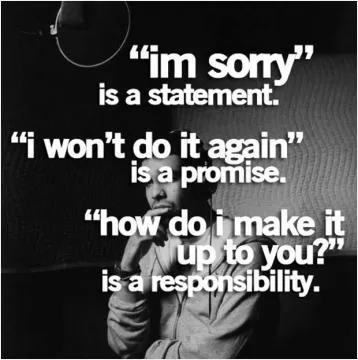Don't lie, don't cheat, or make promises you can't keep

Don't lie, don't cheat, or make promises you can't keep
In any aspect of life, honesty and integrity are crucial values that should be upheld at all times. The saying "don't lie, don't cheat, or make promises you can't keep" serves as a reminder of the importance of being truthful and trustworthy in our interactions with others. When it comes to cheating, whether it be in relationships, academics, or any other area, the consequences can be severe and damaging.Cheating in relationships is a betrayal of trust that can have long-lasting effects on both parties involved. When one partner chooses to cheat, they are not only breaking the commitment they made to their significant other, but they are also causing emotional pain and turmoil. The act of cheating can lead to feelings of betrayal, insecurity, and a breakdown of communication in the relationship. It can also have a ripple effect on other aspects of the cheater's life, as their reputation and integrity may be called into question.
In academics, cheating is a form of dishonesty that undermines the value of education and hard work. When students cheat on exams or assignments, they are not only cheating themselves out of the opportunity to learn and grow, but they are also compromising the integrity of the educational institution. Cheating devalues the efforts of those who work hard and achieve success through honest means, and it can have serious consequences for the cheater, such as academic probation or expulsion.
Making promises you can't keep is another form of dishonesty that can have negative repercussions. When someone makes a promise they have no intention of keeping, they are essentially lying to the person they made the promise to. This can lead to disappointment, hurt feelings, and a loss of trust in the individual who made the promise. It is important to only make promises that you are able and willing to fulfill, as breaking promises can damage relationships and reputations.












 Friendship Quotes
Friendship Quotes Love Quotes
Love Quotes Life Quotes
Life Quotes Funny Quotes
Funny Quotes Motivational Quotes
Motivational Quotes Inspirational Quotes
Inspirational Quotes